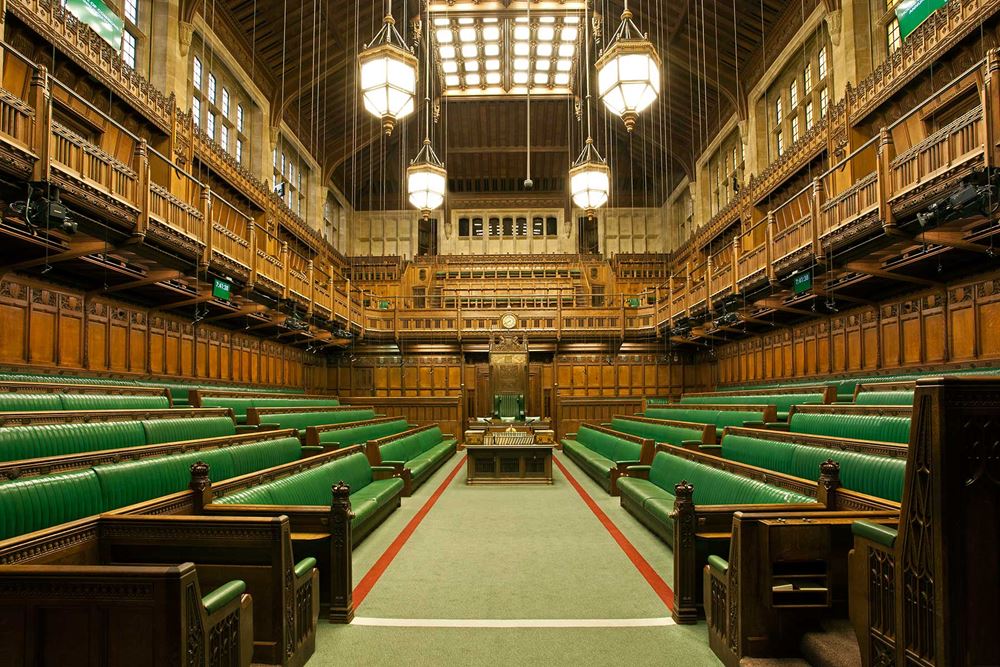I have had constituents contact me to express their concerns over the Northern Ireland Protocol Bill, which is currently in the Second Reading stage in the House of Lords.
The UK has engaged in 18 months of negotiations with the EU on these issues and the Government’s preference remains for a negotiated solution to fix these problems. However, the EU continues to insist that they will not change their position, even though their proposals do not solve the problems and in many cases would actually make them worse. Ministers believe that the serious situation in Northern Ireland means they cannot afford to delay. It is the duty of the Government of the United Kingdom to take the necessary steps to preserve stability and prosperity in Northern Ireland, and the Northern Ireland Protocol Bill will support that.
The Government will always work in the best interests of Northern Ireland. That means making the changes necessary to fix parts of the Northern Ireland Protocol to restore stability and ensure the delicate balance of the Belfast (Good Friday) Agreement is protected.
To achieve this, the Government has introduced the Northern Ireland Protocol Bill which will address the practical problems the Protocol has created in Northern Ireland in four key areas: burdensome customs processes, inflexible regulation, tax and spend discrepancies, and democratic governance issues. These problems include disruption and diversion of trade and significant costs and bureaucracy for business. They are undermining all 3 strands of the Belfast (Good Friday) Agreement and have led to the collapse of the power-sharing arrangements at Stormont. The UK government is committed to seeing these institutions back up and running so that they can deliver for the people of Northern Ireland.
This Bill is a reasonable and practical solution to these problems which is designed to protect all three strands of the Belfast (Good Friday) Agreement, including North-South cooperation, and support stability and power-sharing in Northern Ireland. It will end the untenable situation where people in Northern Ireland are treated differently to the rest of the United Kingdom, and protect the supremacy of our courts and our territorial integrity. It will also safeguard the EU Single Market and protect the free flow of North-South trade, ensuring there continues to be no hard border on the island of Ireland.
